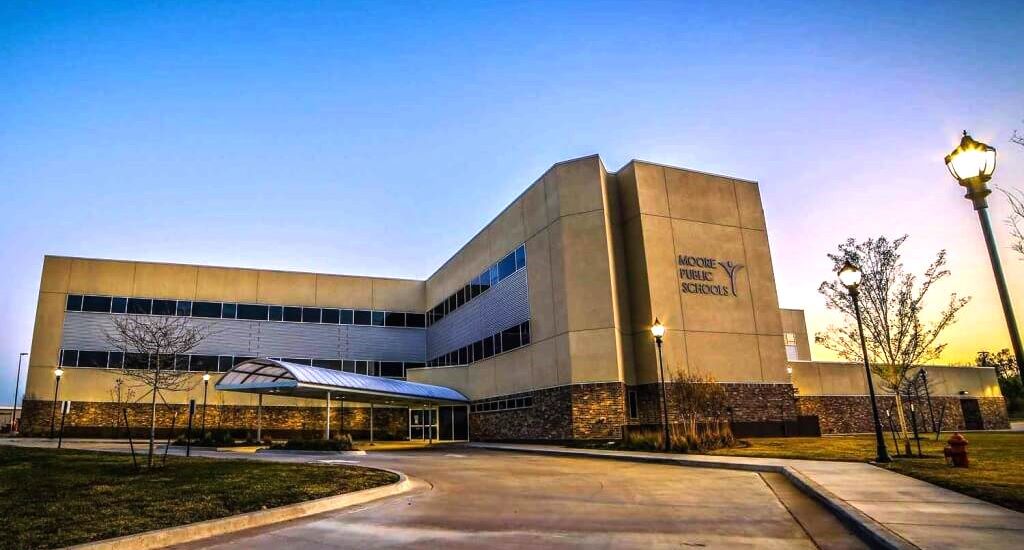Reasons to Not Be Your Own General Contractor
Maybe there’s no crying in baseball, but tears are shed in construction. Don’t get in over your head by assuming you know the ins and outs of commercial development, and don’t be your own General Contractor! Commercial projects require scheduling precision, hardball deadlines, and sizable risk. Here are some, but not nearly all, considerations that are crucial in commercial building projects:
1. Pre-construction Meetings:
An ace commercial construction firm knows how to ask the right questions to meld a client’s concept and a designer’s ideas into a finished project, so everyone involved is happy with the results. Pre-construction meetings set up the command center for the subs, so they don’t get in each other’s way. To manage architects, designers, engineers, subcontractors, and building supply vendors takes incredible coordination.
2. Identifying The Right Trade Contractors:
Trade contractors picked solely on low-ball bids show their incompetence on the job. You don’t need greasy footprints on newly installed carpeting after they showed up two hours late. Notice the game plan of a good commercial contractor managing a team of excavators, masons, framers, drywallers, electricians, plumbers, carpenters, carpet layers, painters, landscapers, and roofers they know and trust. They’ll bat 1.000 on a project.
3. Budgeting:
A commercial contractor will set up a construction budget jointly with the chosen designer to integrate the initial stages of a project. Later, if building supply vendors become problematic or if any unexpected cost surprises pop up initiating a change order, your commercial contractor can suggest alternate materials and adjust another phase of the project. Controls are in place throughout the project to assure a predictable outcome at completion.
4. Facility Maintenance:
Some commercial contractors provide comprehensive facility maintenance services. Who better to fix it than the builder who installed it in the first place? If a general contractor offers facility maintenance and repairs, then the client has no need to search for technicians when something goes awry. Scheduled maintenance for HVAC, electrical, plumbing, roof, and fire protection need checking annually, in some cases quarterly, to keep a lid on maintenance costs. As an example, your commercial contractor can come in before a commercial kitchen inspection and address any maintenance issues for an A+ rating. DBG Construction provides its own facility maintenance firm, handling multi-trade repairs and even small renovations to keep clients’ buildings safe and operational.
5. Check Credentials:
Remember, professionals you hire must have completed their education and acquired the proper credentials to earn your trust. Your cardiologist has a Doctor of Medicine degree, your accountant has earned her bachelor’s degree in Finance, and you want to make sure if you have to appear in court that your attorney has passed the bar exam! The alternatives, performing heart surgery on a family member, taking a chance on being your own financial advisor or representing yourself in court would be ludicrous.
In essence, you’ll want your builder to know the nuts and bolts of the profession with a portfolio of successful projects and proven experience – an assurance of excellence. When an investment in a commercial building is right for you, save the hammer for hanging pictures and call an accredited commercial contractor.
Sold on our pitch yet? Contact DBG Construction to discuss your next commercial project. We’ll hit it out of the park.

